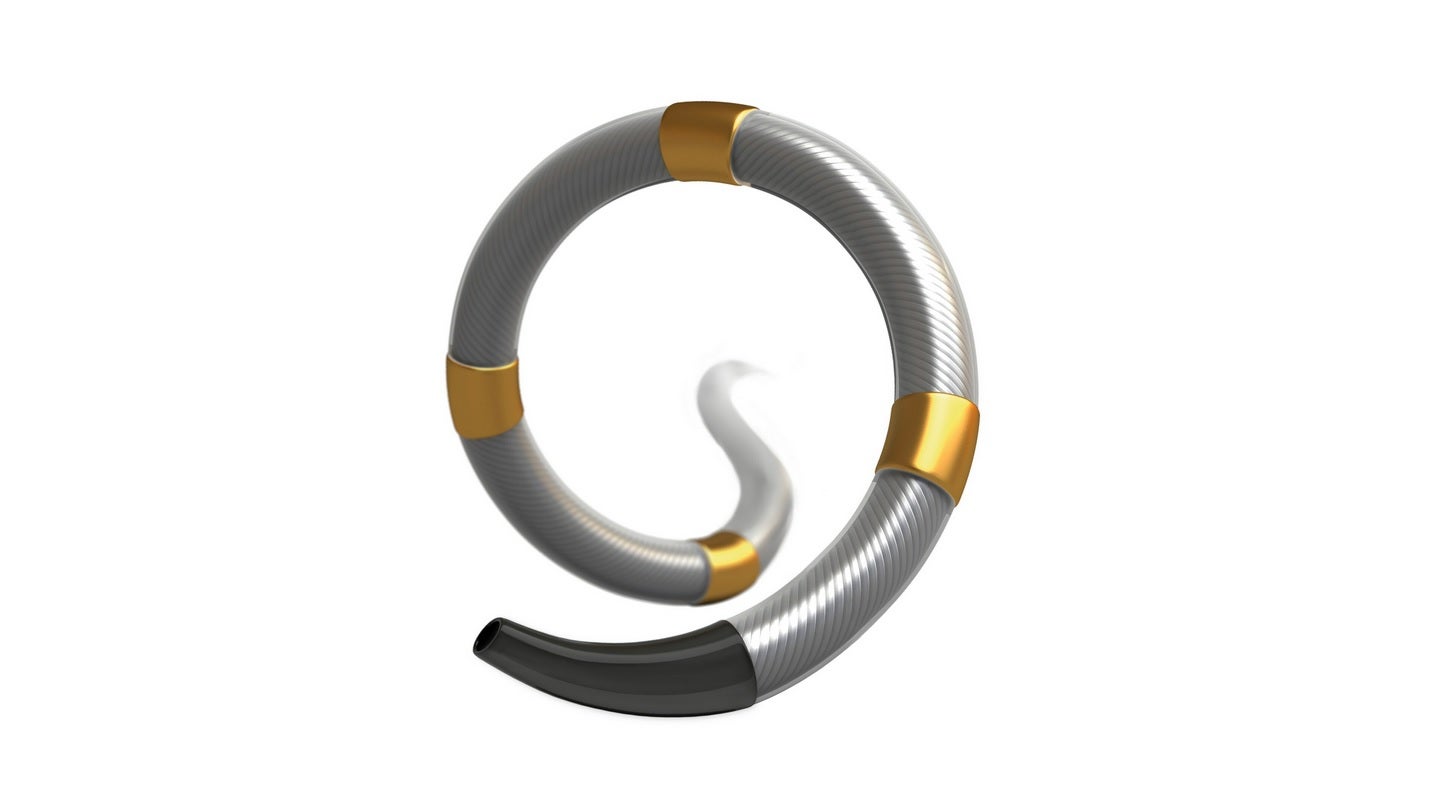
Medtronic has received approval from the US Food and Drug Administration (FDA) for its Symplicity Spyral renal denervation (RDN) system to treat hypertension.
The approval allows the company to commence commercialisation of the RDN system immediately, also known as the Symplicity blood pressure procedure.

Discover B2B Marketing That Performs
Combine business intelligence and editorial excellence to reach engaged professionals across 36 leading media platforms.
The minimally invasive procedure is intended to deliver radiofrequency energy to nerves near the kidneys, which can become overactive and result in high blood pressure.
Following sedation, the doctor places a single thin tube into the artery that goes to the kidney.
After inserting the tube, the doctor administers energy to the system to calm the extra activity of the nerves linked to the kidney.
Later, the tube will be taken out without leaving any implant behind.

US Tariffs are shifting - will you react or anticipate?
Don’t let policy changes catch you off guard. Stay proactive with real-time data and expert analysis.
By GlobalDataWhile presently restricted to investigational use in China, Japan and Canada, the RDN system has received commercial approval in over 70 countries globally.
Medtronic Cardiovascular Portfolio’s Coronary and Renal Denervation business president and senior vice-president Jason Weidman said: “High blood pressure is a global health issue and patients need more options to manage their blood pressure.
“The approval of the Symplicity blood pressure procedure represents a significant milestone for physicians and patients in the treatment of hypertension.”
Last month, Medtronic obtained FDA approval for its Aurora EV-ICD MRI SureScan extravascular implantable cardioverter-defibrillator and Epsila EV MRI SureScan defibrillation lead for the treatment of fast heart rhythms that may cause sudden cardiac arrest.



